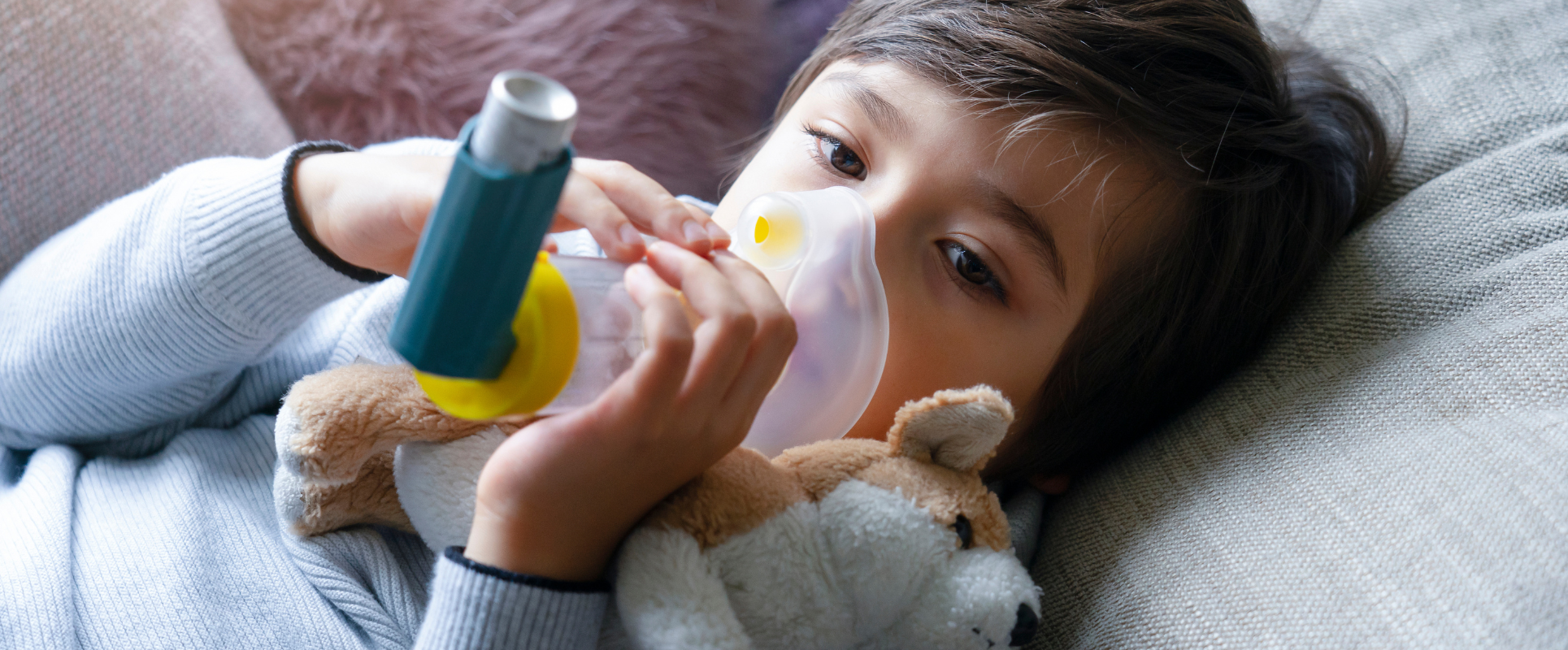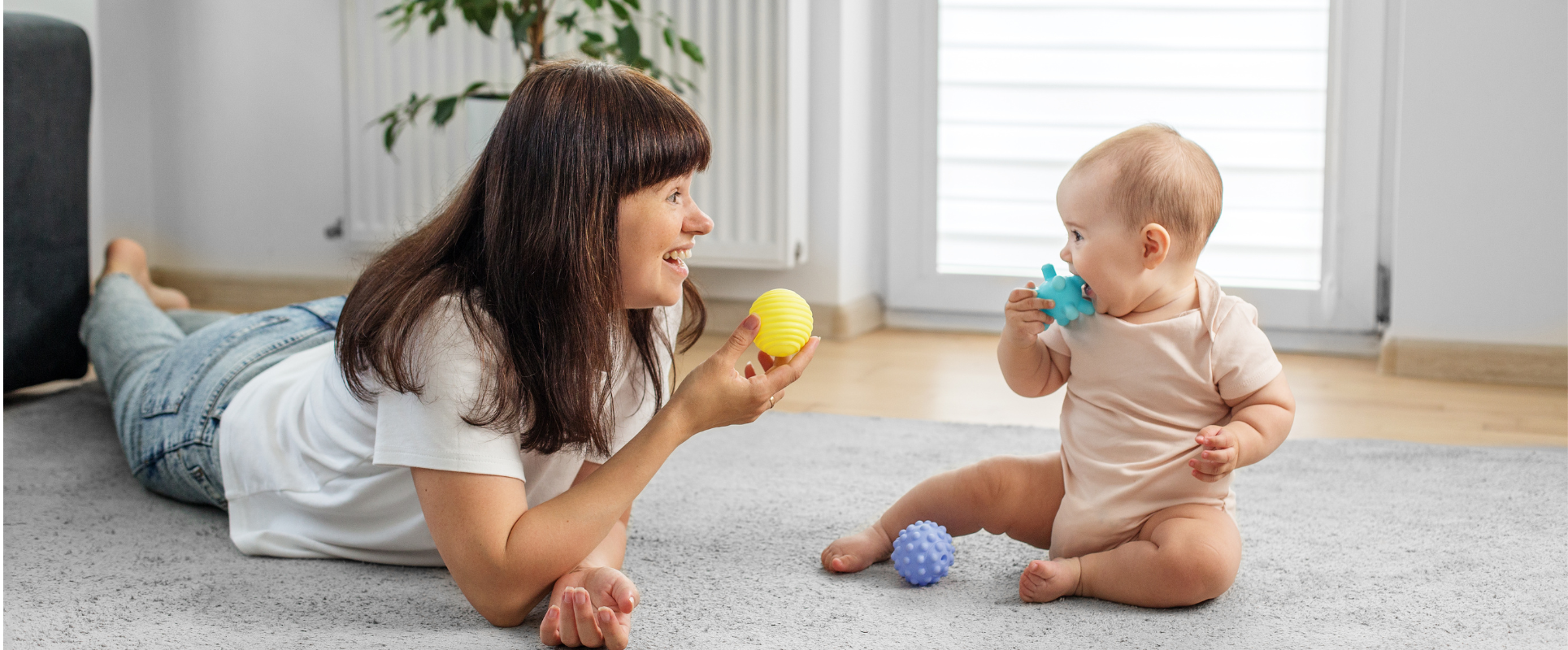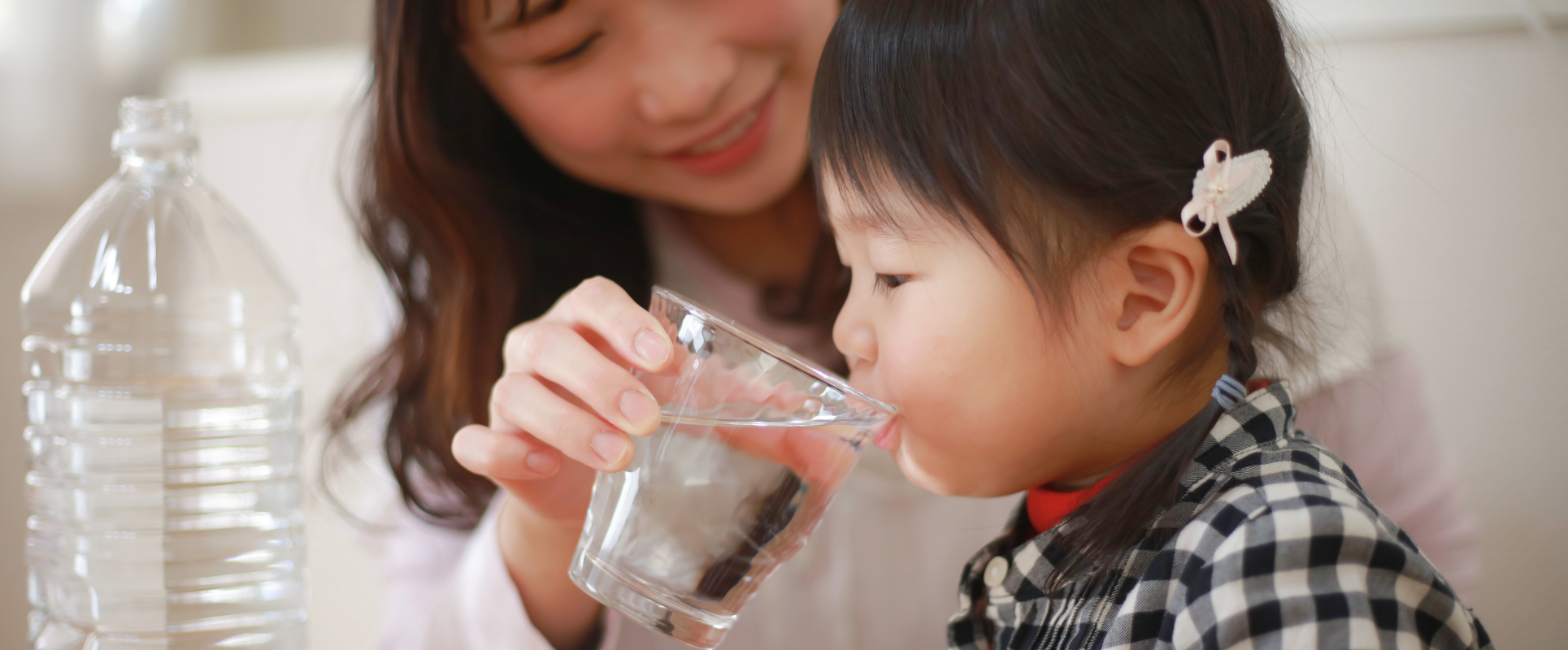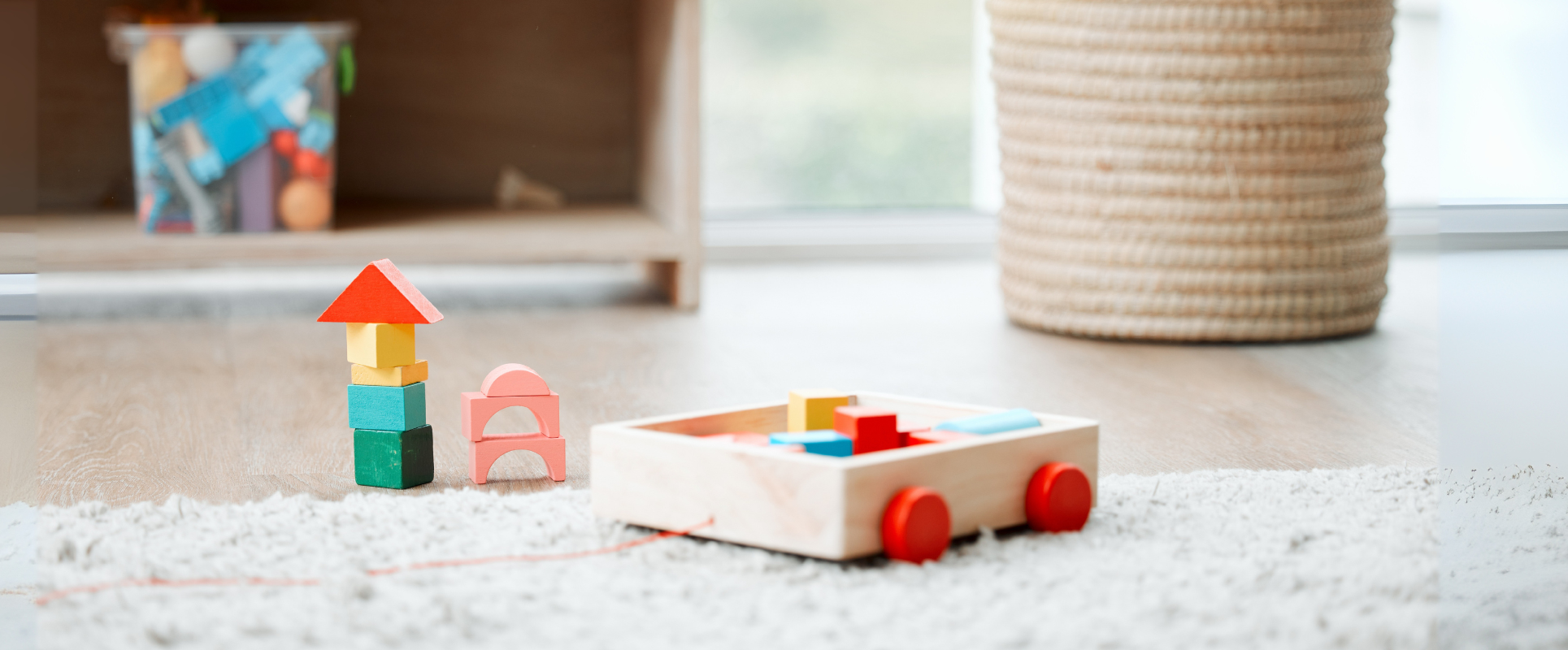
What to Do When Your Child Has a Respiratory Illness: A Parent’s Guide
Respiratory illnesses in children can be alarming for any parent. From a simple cold to more severe conditions like bronchiolitis, asthma, or pneumonia, recognizing the symptoms early and knowing how to respond can make all the difference. In this guide, we’ll walk you through what to do when your child has a respiratory illness, including expert-backed home care, when to seek medical attention, and how to prevent future episodes.
Understanding Respiratory Illnesses in Children
Respiratory illnesses affect the lungs, airways or nasal passages. These are extremely common in infants and toddlers, especially during colder months or in daycare settings.
Common Respiratory Conditions in Children
-
Common Cold (Viral Upper Respiratory Infection)
Symptoms: runny nose, sneezing, cough, low-grade fever.
Cause: Usually rhinovirus or coronavirus. -
Bronchiolitis
Symptoms: wheezing, coughing, rapid breathing.
Cause: Most often Respiratory Syncytial Virus (RSV). Affects children under 2. -
Croup
Symptoms: barking cough, hoarse voice, difficulty breathing.
Cause: Viral infection causing airway inflammation. -
Asthma
Symptoms: wheezing, shortness of breath, chest tightness, coughing at night.
Cause: Chronic condition triggered by allergens or viruses. -
Pneumonia
Symptoms: fever, cough, fast breathing, chest pain.
Cause: Bacterial or viral infection in the lungs.
What to Do When Your Child Shows Respiratory Symptoms
1. Stay Calm and Observe Closely
-
Track symptoms: cough frequency, breathing rate, energy levels, temperature.
-
Monitor signs of distress: nostril flaring, chest retractions, bluish lips.
2. Use Gentle Home Care (When Appropriate)
-
Hydration is Key: Offer warm fluids or breast milk frequently.
-
Humidity Helps: Use a cool mist humidifier in the room.
-
Nasal Saline + Bulb Syringe: Clears mucus in infants.
-
Rest is Essential: Let your child rest and avoid overexertion.
Tip: For cough relief, children over age 1 may benefit from a teaspoon of honey (per AAP guidelines).
3. Avoid OTC Cough and Cold Medicines for Young Kids
The FDA advises against giving over-the-counter cough and cold medicine to children under 4 years due to potential serious side effects.
4. Watch for Red Flags – When to See a Doctor
Seek immediate medical care if your child has:
-
Fast or labored breathing
-
Wheezing that doesn’t improve with usual asthma treatment
-
High fever (over 38.5°C / 101.3°F for more than 2 days)
-
Persistent vomiting or dehydration signs
-
Lethargy or unresponsiveness
-
Blue lips or fingernails
-
Retractions (ribs visible while breathing)
When to Go to the Emergency Room
Call doctor or go to the ER if your child:
-
Has trouble breathing or stops breathing
-
Cannot speak or cry due to shortness of breath
-
Is turning blue around lips or face
-
Has a seizure related to fever
How to Prevent Respiratory Illness in Children
Prevention is always better than treatment. Here’s how to reduce your child’s risk:
1. Vaccination
-
Keep up with routine childhood vaccines: DTaP, Hib, flu, COVID-19 and pneumococcal vaccines.
-
Ask your pediatrician about the RSV monoclonal antibody (nirsevimab) for high-risk infants.
2. Good Hygiene Habits
-
Wash hands regularly with soap for 20+ seconds.
-
Avoid sharing utensils or cups.
-
Disinfect commonly touched surfaces.
3. Breastfeeding
-
Breast milk provides crucial antibodies to help fight infections.
4. Avoid Smoke Exposure
-
Never smoke near children; secondhand smoke increases the risk of severe infections.
Expert Advice from Pediatricians
Dr. Tanya Altmann, a pediatrician and author of "What to Feed Your Baby", emphasizes: “It’s normal for children to have 6–10 colds a year. The immune system is still learning. What matters is how you support recovery and know when to seek help.”
Parent Tip: Don’t Panic, Be Prepared
Respiratory illnesses are part of early childhood, especially in the first few years. By building your knowledge and preparation toolkit, you’ll respond with confidence and care. Always trust your instincts and when in doubt, call your pediatrician.








